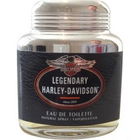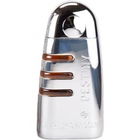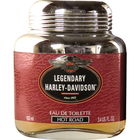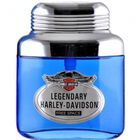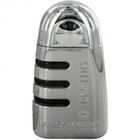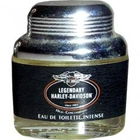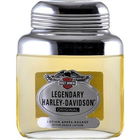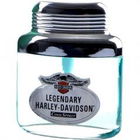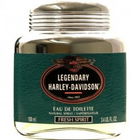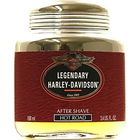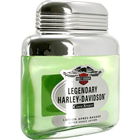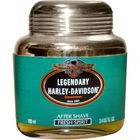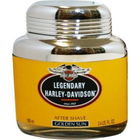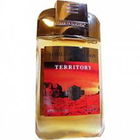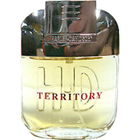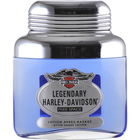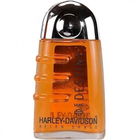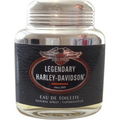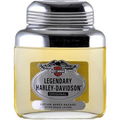We may earn a commission when you buy from links on our site, including the eBay Partner Network and Amazon.
Black Fire Harley-Davidson 2005
A perfume by Harley-Davidson for men, released in 2005. It is still in production.
Compare
Compare
Fragrance Pyramid
 Top Notes
Top Notes  Bergamot
Bergamot  Cedar
Cedar  Lemon
Lemon  Mandarin orange
Mandarin orange  Heart Notes
Heart Notes  Cardamom
Cardamom  Coriander
Coriander  Nutmeg
Nutmeg  Base Notes
Base Notes  Amber
Amber  Frankincense
Frankincense  Patchouli
Patchouli Ratings
Submitted by Michael · last update on 01/09/2014.
Source-backed & verified
Smells similar
What the fragrance is similar to






